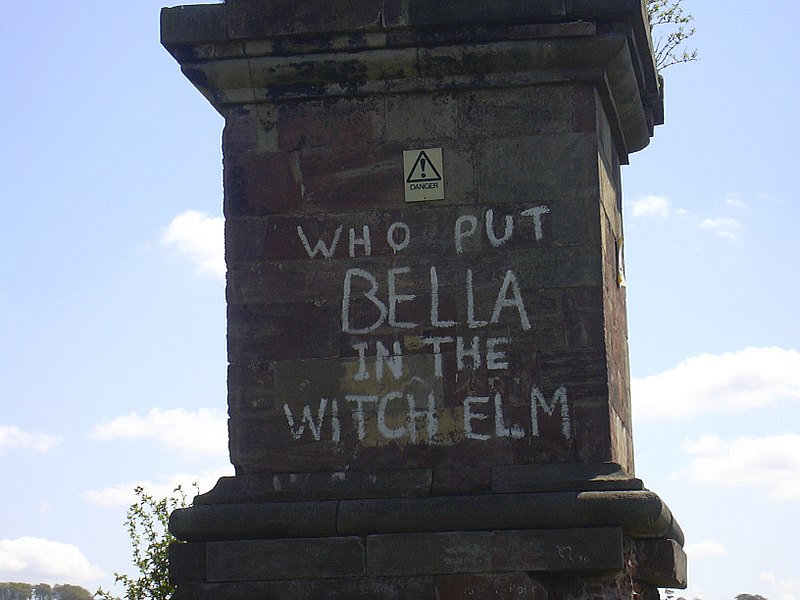Heavy metal and Christians
While this could easily lay itself unto a discussion about lyrics, instead I wanted to share this fascinating article from the Telegraph:
Christians could learn a lot about life from heavy metal, says cleric'
The Rev Rachel Mann claims that the much-maligned form of music demonstrates the “liberative theology of darkness”, allowing its tattooed and pierced fans to be more “relaxed and fun” by acknowledging the worst in human nature.
She says that by contrast, churchgoers can appear too sincere and take themselves too seriously.
The priest admits that many will be “concerned” about metal lyrics praising Satan and mocking Christianity, but insists it is just a form of “play-acting”.
Miss Mann, priest-in-charge of St Nicholas’s, Burnage, writes in this week’s Church Times: “Since Black Sabbath effectively created it in 1969 by using the dissonant sound of the medieval ‘Devil’s chord’, heavy metal has been cast as dumb, crass, and on, occasions satanic; music hardly fit for intelligent debate, led alone theological reflection.
“And yet, as both priest and metal musician and fan, it strikes me that the Church, especially at this agonized time, has a serious gospel lesson to learn from this darkest and heaviest music.”
Miss Mann says that heavy metal songs, characterized by distorted guitar sounds, “intense” beats and “muscular” vocals, are “unafraid to deal with death, violence and destruction”.
Its “predominantly male and white” fans “generally like tattoos and piercings” but are “graceful, welcoming and gentle”.
“The music’s willingness to deal with nihilistic and, on occasion, extremely unpleasant subjects seems to offer its fans a space to accept others in a way that shames many Christians.
“Metal’s refusal to repress the bleak and violent truths of human nature liberates its fans to be more relaxed and fun people”.
She goes on to claim that “metal has no fear of human darkness” and while some Christians are similarly unafraid, “many are yet to discover its potential as a place of integration”.
 |
| The King himself |

































